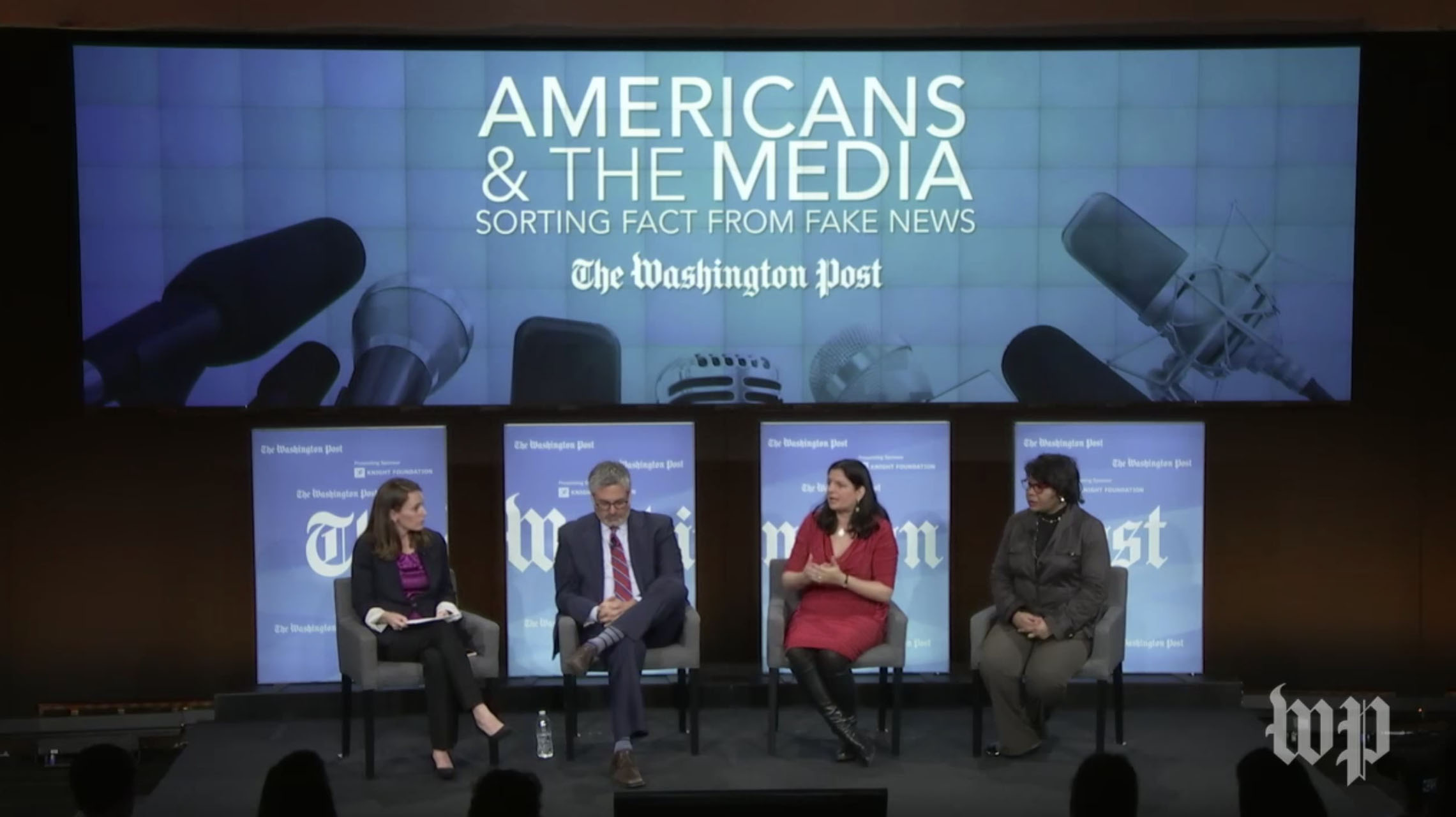
WASHINGTON — The guiding principle behind Donald Trump's presidency is his conviction that the biggest threat to America is Latino immigrants pouring across our southern border in record hoards to kill us, sell drugs to our children, and steal our jobs. His obsession resonates with Americans who blame the evaporation of high-paying, low-skilled jobs on demographic changes rather than automation and trade, and fear diversity as a threat to their way of life. But what if the real threat to our security lies far from our southern border, gaining strength while Washington fights over who will pay for a $5.7 billion wall that won't actually keep terrorists out?
Trump used his prime-time address Tuesday night to insist there's a "security crisis at our southern border," but U.S. Border Patrol figures tell a different story. Since 2010, apprehensions of unauthorized immigrants at the Mexican border are the lowest since the early 1970s. Contrary to the White House claim that 4,000 terrorists rushed the Mexican border in 2018, official figures for the first half of the year show the number was six.
That doesn't mean there's no threat to America. But there's bipartisan concern that the fixation on the Mexican border is a distraction from far bigger problems beyond that will come bite us at home if we continue to deprive them of attention and resources. The list of crises shunted to the back burner in Washington is long and urgent: refugees from war and genocide straining host countries; looming environmental disasters from unchecked climate change; a nuclear-armed North Korean dictatorship; an abandoned nuclear accord with Iran; terrorists with ISIS, Al Qaeda, and similar groups.
The backdrop to all this is the Trump administration's neglect of the State Department since day one: slashing its budget, ignoring the advice of expert diplomats (who quit in record droves), and failing to nominate qualified people to take their place. Forty-nine US ambassadorships remain vacant, including to Egypt, Libya, Pakistan, Saudi Arabia, and Sudan, nations that have unhappily been incubators for extremism and terrorism. Now, the government shutdown means 12 percent of the State Department's workforce has been told to stay home, including one-third to one-half of security details for regional bureaus, including the Middle East and South Asia — meaning that professionals whose job it is to solve problems and avert crises before they become disasters are involuntarily AWOL, leaving us all vulnerable.
Trump's assertion via tweet, on Dec. 19, that ISIS has been defeated and therefore the United States can safely withdraw its forces from Syria contradicts every piece of testimony and advice from the Pentagon's military brass and the president's own Middle East advisers, prompting his defense secretary, retired General Jim Mattis, and anti-ISIS policy coordinator, Brett McGurk, to resign in protest. In fact, most of the roughly 40,000 foreign fighters that were fighting in Iraq and Syria are still on the loose, while at least 7,500 have returned home or disappeared after being deported to third countries; an additional 6,000 fled to the Sudan or have relocated to other conflicts, according to Seth Jones, a former counterterrorism adviser to the US military now at the Center for Strategic and International Studies.
In most countries affected by ISIS and Al Qaeda, "there is virtually no effective state apparatus," Jones said. If the United States ignores or withdraws from the Middle East, Africa, and South Asia, we will leave a vacuum in which weak governance is the norm and jihadist extremism thrives, ready to spread beyond borders.
The Shia-led Iraqi government, for example, ranked by the World Bank in the bottom 10 percent of effective governance, has launched a violent campaign of retribution against Sunni Muslims that is fueling renewed support for ISIS, as the New Yorker's Ben Taub reports.
Representative Eliot Engel, the incoming Democratic chairman of the House Foreign Affairs Committee, said in an interview that his first order of business will be calling hearings with Secretary of State Mike Pompeo to demand an explanation for the president's flip-flops over ISIS and our troops in Syria.
"It would be dangerous to assume that ISIS has been defeated," said Peter Mandaville of George Mason University, a former State Department adviser on ISIS. "The social, political, and economic contradictions on the ground in Iraq and Syria — the very factors that provided a permissive environment for ISIS to expand so dramatically five years ago — are still very much present."





